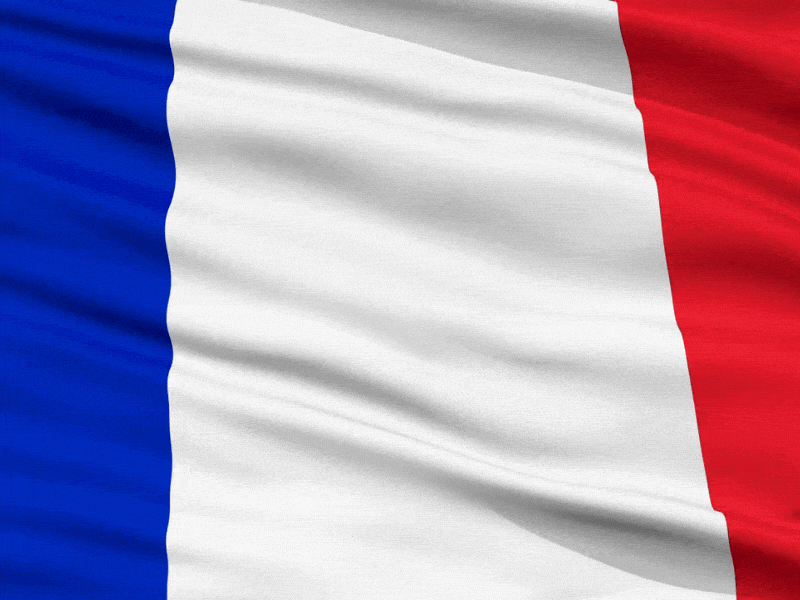
Study in France
Renowned for both its vibrant culture and significant scientific contributions, France stands out as a premier destination for international students seeking education. In 2007, the country hosted 265,000 international students, representing 14% of its total student body.
France has had a profound impact on the Western world for centuries, and its cultural influence remains significant today. Over 260 million individuals across five continents communicate in French. It serves as the official language in 70 countries and ranks as the second most widely studied foreign language, following English.
France provides affordable, high-quality education to students globally, making it the fourth most sought-after destination for international learners.
With smaller class sizes and dedicated instructors, students receive the necessary time and attention to enhance their learning, pose questions, and obtain support.
The higher education system in France is categorized into grandes écoles and public universities. Gaining admission to grandes écoles necessitates a high school diploma along with two additional years of secondary education. The second year of master’s programs offers specializations that are either research-focused or professionally oriented. Frequently, graduate programs are developed in collaboration with multiple institutions, thereby expanding the range of available courses.
Professional Licences aimed at employment are also offered, and continuing education programs take into account prior professional experience.
French degrees are awarded through an extensive network of higher education institutions and renowned research centers. This network includes 88 universities and approximately 500 “Grandes écoles,” which are distinctive French institutions encompassing over 240 engineering schools and 220 business and management schools. Additionally, there are 59 public art schools and numerous specialized institutions focusing on sectors such as fashion, social work, paramedical fields, tourism, and sports.
The degrees conferred in France align with the European framework of Bachelor, Master, and PhD, utilizing the credit system established by the European Credit Transfer System (ECTS).
The 88 public universities in France encompass a wide array of academic fields, including sciences, technology, literature, languages, arts, social sciences, law, economics, and management. Tuition fees, primarily consisting of registration fees in most institutions, are among the lowest globally, made feasible by substantial state financial support. Importantly, the affordability of tuition does not detract from the quality of degree programs, which consistently adhere to high international standards. Furthermore, both French and international students have equal access to student benefits and are subject to similar admission criteria.
Numerous study programs, particularly at the Master’s and PhD levels, are offered in English. For comprehensive and updated information, please reach out to us.
Private art schools and those associated with chambers of commerce and industry, known as “écoles consulaires,” provide certificates or professional titles. Accredited institutions are listed in the Repertoire National de Certification Professionnelle (national registry of occupational certification, www.cncp.gouv.fr) and are categorized based on the employment levels they prepare their students for. Admission to these institutions is selective, typically requiring an examination or interview.
Over 3,000 public and private schools and institutes are classified as “specialized schools,” offering a diverse range of programs.
Students hailing from certain nations are exempt from obtaining a visa for study in France if their intended duration is less than 90 days.
For those intending to study in France for a duration exceeding 90 days, it is necessary to apply for a long-stay visa. This application should be submitted to a French embassy or consular office located in your home country.
Additionally, it is essential to possess a passport that remains valid for at least three months beyond the conclusion of your studies
